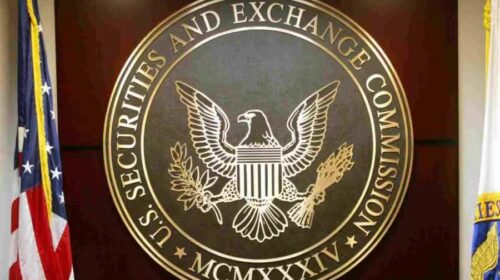FAST NEWS: Are They or Aren’t They? Conflicting Word on U.S. Securities Regulators in Beijing

The latest: Reuters reported on Friday that U.S. securities officials were in Beijing for discussions on an information-sharing agreement with their Chinese counterparts. But later the U.S. Public Company Accounting Oversight Board (PCAOB) denied any of its officials were in Beijing.
Looking Up: China has issued a steady stream of signals indicating it wants to allow its companies to keep listing in the New York. Thus, the latest Reuters report, whose sources were anonymous, most likely came from Chinese sources, in the latest positive signal that China wants to reach an information-sharing agreement.
Take Note: The PCAOB’s denial that its officials were in Beijing continues a similar series of more cautious signals from the U.S. Securities and Exchange Commission (SEC), which uses to PCAOB to conduct investigations. Unlike the upbeat tone coming from Chinese regulators, the SEC has been far more cautious about progress towards a deal.
Digging Deeper: The SEC has threatened to delist more than 200 Chinese companies now listed in New York unless they allow their auditors to share accounting records when the PCAOB requests them for investigations. But China currently bans such information sharing, saying company audit records are “state secrets.” The SEC has currently identified more than 100 Chinese companies that face delisting risk if the U.S. and China don’t reach an agreement. Both sides have acknowledged they are in negotiations.
Market Reaction: Hong Kong-listed shares of JD.com (JD.US; 9618.HK) and Bilibili (BILI.US; 9626.HK) fell 6.2% and 8.8% on Friday, respectively. Both companies were added to the SEC’s list last Thursday.
Reporting by Doug Young
To subscribe to Bamboo Works free weekly newsletter, click here





